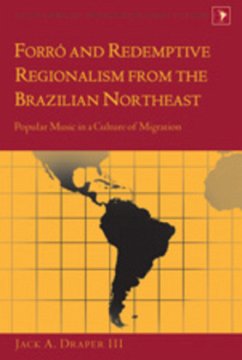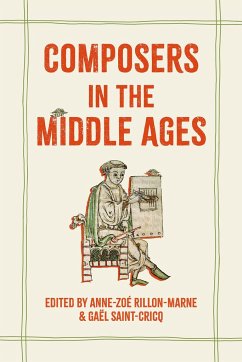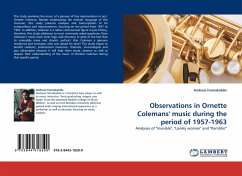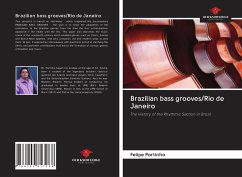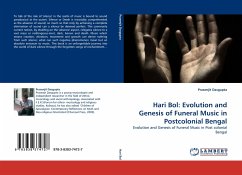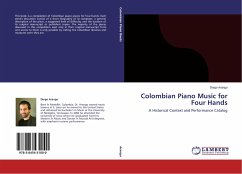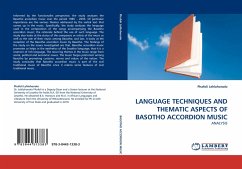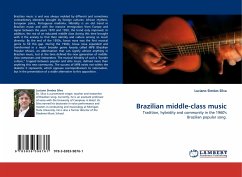
Brazilian middle-class music
Tradition, hybridity and community in the 1960''s Brazilian popular song.
Versandkostenfrei!
Versandfertig in 6-10 Tagen
32,99 €
inkl. MwSt.

PAYBACK Punkte
16 °P sammeln!
Brazilian music is and was always molded by different and sometimes contradictory elements brought by foreign cultures: African rhythms, European polca, Portuguese modinha. Hibridity is an old trend in Brazilian music and with the massive immigration from Europe and Japan between the years 1870 and 1950, the trend only improved. In addition, the rise of an educated middle class during this time brought with it the anxiety to find their identity and culture among so much diversity. By the end of the 1950s, bossa nova was the first musical genre to fill this gap. During the 1960s, bossa nova exp...
Brazilian music is and was always molded by different and sometimes contradictory elements brought by foreign cultures: African rhythms, European polca, Portuguese modinha. Hibridity is an old trend in Brazilian music and with the massive immigration from Europe and Japan between the years 1870 and 1950, the trend only improved. In addition, the rise of an educated middle class during this time brought with it the anxiety to find their identity and culture among so much diversity. By the end of the 1950s, bossa nova was the first musical genre to fill this gap. During the 1960s, bossa nova expanded and transformed in a much broader genre loosely called MPB (Brazilian Popular Music), an abbreviation that can signify almost anything in Brazilian music, but at the time defined the new generation of middle-class composers and interpreters. The musical hibridity of such a border culture, trapped between popular and elite music, defined more than anything this new community. The success of MPB exists not within the dialectic it represents, which opposes cosmopolitanism to nationalism, but in the presentation of a viable alternative to this opposition.



